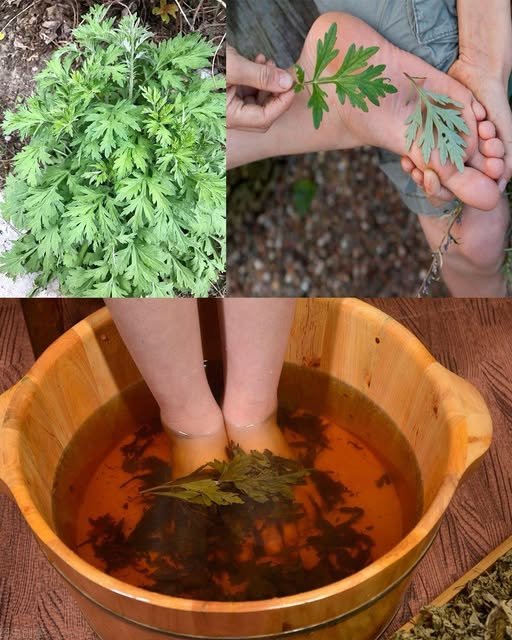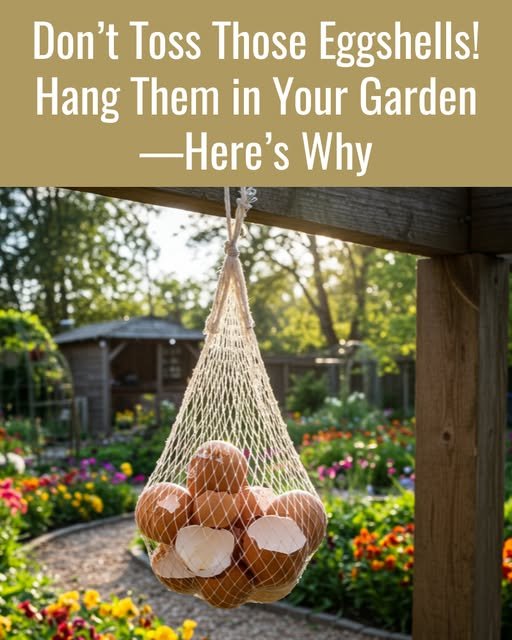Nettles, often dismissed as mere weeds, hold a treasure trove of benefits for the avid gardener. While their sting may deter some, those who harness the power of nettles can transform their gardens into thriving ecosystems. These plants are not just resilient; they are a powerhouse of nutrients and ecological benefits that can enhance the health and productivity of any garden. By understanding and utilizing nettles, gardeners can tap into a natural resource that supports sustainable gardening practices.
Understanding the Nutritional Benefits of Nettles
Nettles are packed with essential nutrients that can benefit both plants and soil. Rich in nitrogen, potassium, and phosphorus, they provide the key elements required for plant growth. Additionally, nettles contain a variety of trace minerals such as iron, magnesium, and calcium, which contribute to the overall health of garden plants. These nutrients are easily absorbed by plants, making nettles an excellent natural fertilizer that promotes vigorous growth and robust plant health.
Enhancing Soil Fertility with Nettles
Incorporating nettles into your garden can significantly improve soil fertility. When nettles decompose, they release their nutrient-rich content into the soil, enriching it with organic matter. This process not only improves soil structure but also enhances its ability to retain moisture and nutrients. As a result, plants growing in nettle-enriched soil are more resilient to environmental stresses and have access to a steady supply of nutrients.
Boosting Plant Growth Using Nettle Tea Fertilizer
Nettle tea, made by steeping nettles in water, is a potent liquid fertilizer that can boost plant growth. This natural tonic is rich in nutrients and growth hormones that stimulate plant development. When applied to plants, nettle tea enhances root growth, increases foliage production, and improves overall plant vigor. Its natural composition ensures that plants receive a balanced supply of nutrients without the risk of chemical buildup associated with synthetic fertilizers.
Recipe and Measurements for Nettle Tea Fertilizer
To make nettle tea fertilizer, gather a generous amount of fresh nettles, ideally before they flower. Fill a large container with the nettles and cover them with water. Let the mixture steep for 2-4 weeks, stirring occasionally. Once the fermentation process is complete, strain the liquid and dilute it with water at a ratio of 1:10 before applying it to your plants. This simple yet effective recipe provides a nutrient-rich boost that supports healthy plant growth.
Improving Pest Control with Nettles
Nettles can play a crucial role in natural pest control. They attract beneficial insects such as ladybugs and predatory wasps, which help keep pest populations in check. Additionally, nettles can be used to make a natural insecticide by steeping them in water to create a spray that deters aphids and other soft-bodied insects. This eco-friendly approach to pest management reduces the need for chemical pesticides, promoting a healthier garden ecosystem.
Supporting Biodiversity and Attracting Beneficial Insects
Nettles are a vital component of biodiversity in the garden. They provide habitat and food for a variety of insects, including butterflies and moths. The presence of nettles encourages a diverse range of wildlife, which contributes to a balanced ecosystem. By supporting these beneficial insects, gardeners can enhance pollination and natural pest control, leading to a more productive and resilient garden.
Utilizing Nettles for Composting and Mulching
Nettles are an excellent addition to compost piles, where they accelerate the decomposition process due to their high nitrogen content. When used as mulch, chopped nettles can suppress weeds, retain soil moisture, and gradually release nutrients into the soil. This dual-purpose use of nettles not only improves soil health but also reduces garden waste, making it a sustainable choice for eco-conscious gardeners.
Nettles as a Natural Remedy for Plant Diseases
Nettles possess antifungal and antibacterial properties that can help prevent and treat plant diseases. A nettle infusion can be sprayed on plants to combat fungal infections such as powdery mildew and rust. This natural remedy provides an alternative to chemical fungicides, reducing the risk of chemical residues on edible plants and promoting a healthier garden environment.
Nettles’ Role in Enhancing Garden Aesthetics
Beyond their practical benefits, nettles can contribute to garden aesthetics. Their lush green foliage and tall, upright growth habit add texture and height to garden borders. When allowed to flower, nettles produce delicate clusters of tiny blooms that attract pollinators and add visual interest. By incorporating nettles into garden design, gardeners can create a dynamic and visually appealing landscape.
Conclusion: Embracing Nettles for a Thriving Garden
Embracing nettles in the garden offers a multitude of benefits that extend beyond their reputation as a nuisance weed. From enhancing soil fertility and plant growth to supporting biodiversity and natural pest control, nettles are a versatile and valuable resource for gardeners. By integrating nettles into gardening practices, we can cultivate healthier, more sustainable gardens that thrive in harmony with nature. It’s time to give nettles the recognition they deserve and unlock their full potential in our gardens.



